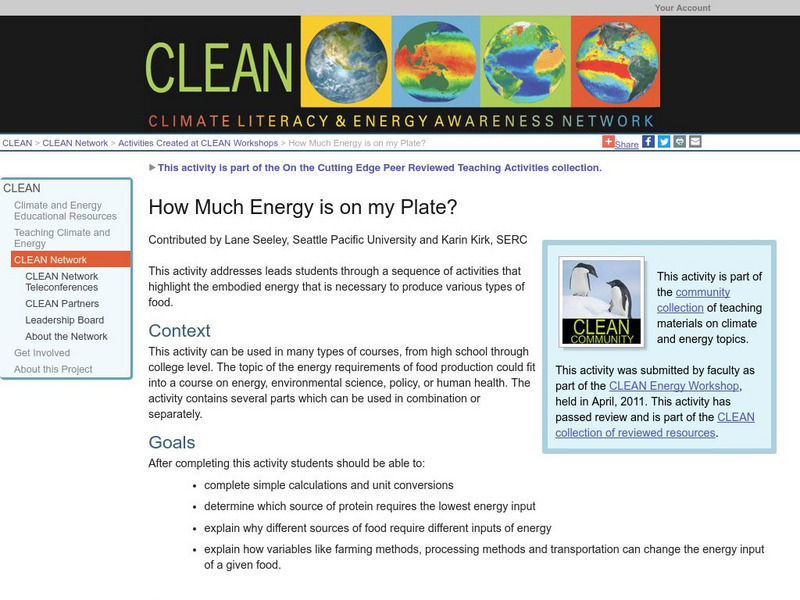eGFI
Lesson: Guilt-Free Chocolate
Experiment with chocolate coating on cookies! What a delightful way to learn about food processing and chemical engineering. Throughout this activity, groups collect measurements and make calculations. They conclude by writing...
PBS
Reading Adventure Pack: Food
An activity packet about food begins with reading two texts: Stone Soup by Marcia Brown or John Muth and Where Does Food Come From? by Shelley Rotner and Gary Goss. Learners then take part in three activities. They design a puzzle...
Nemours KidsHealth
Food Labels: Grades 3-5
Bring awareness to the ingredients scholars ingest daily with two lessons that look deeply into food labels. The first lesson explores the difference between processed and fresh foods while the second lesson focuses on sugar content.
Curated OER
The Quicker the Better? Food Processing
Kids explore food choices, nutrition, and agriculture through a variety of sources and activities. They research unknown words on food labels, test the salt content in canned vs non-canned foods, and discuss processed foods. The lesson...
Curated OER
"Cereal" Comic Strip
Students discuss how wheat is important to our everyday lives, from food to insulation, focusing on how wheat grains are processed into food items. Students then create a comic strip of the steps of processing grain to demonstrate...
Curated OER
Industrial Agriculture
Students write about the benefits that industrial agriculture has had on growing crops. In this industrial agriculture lesson plan, students research how technology has impacted the processing speed of growing food.
Curated OER
Where Does Our Breakfast Come From?
Students bring in the cartons and containers of some of their favorite foods. They locate the origin of these foods on a map and visit a farm to view how food is grown and processed by a farmer. Students read books, complete worksheets...
Curated OER
Food Travels and Preservation
Fourth graders study food processing and distribution. For this food processing lesson, 4th graders investigate various methods of food preservation. Students study methods of food distribution.
Curated OER
The Quicker the Better? Food Processing
Sixth graders explore food processing. In this food processing lesson, 6th graders investigate the effects of processing foods on the food's nutritional value. Students examine a variety of healthy snack options.
Northwestern University
Weinberg College of Arts and Sciences: Second Industrial Revolution [Pdf]
A lengthy essay on the Second Industrial Revolution in Europe and the United States in the late 19th and early 20th centuries. The author looks at seven major aspects of technology that were affected by the revolution and makes...
US Department of Labor
Bureau of Labor Statistics: Food Processing Occupations
Discover the working conditions of the workers who process raw food products into finished goods.
Other
British Nutrition Foundation: Food a Fact of Life (11 14 Years)
A rich collection of eleven learning modules that cover a wide range of topics, including nutrition, diet and health, food science, agriculture, food preparation, food processing, food safety, and more. Modules have PowerPoints,...
Climate Literacy
Clean: How Much Energy Is on My Plate?
Using concept sketches, students study energy requirements of food production explain why different sources of food require different inputs of energy. They also investigate how variables like farming methods, processing methods and...
PBS
Pbs Teachers: Smarter Food Processing Techniques
Test your knowledge about the foods you eat by taking a short quiz. Match products to their ingredients, answer questions about nutritional values and compute the amount of fruits and vegetables consumed per year.


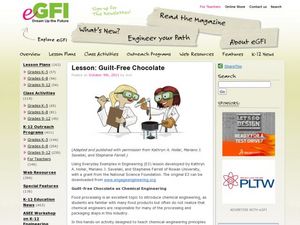
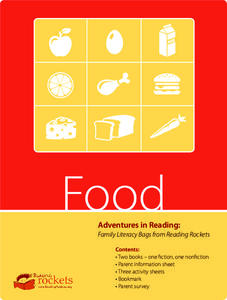

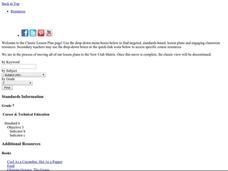


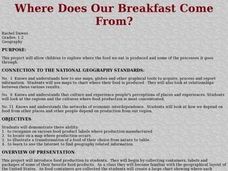


![Weinberg College of Arts and Sciences: Second Industrial Revolution [Pdf] Website Weinberg College of Arts and Sciences: Second Industrial Revolution [Pdf] Website](http://content.lessonplanet.com/resources/thumbnails/410101/large/bwluav9tywdpy2symdiwmduymc0xotc1ni0zym91n3yuanbn.jpg?1589985410)

